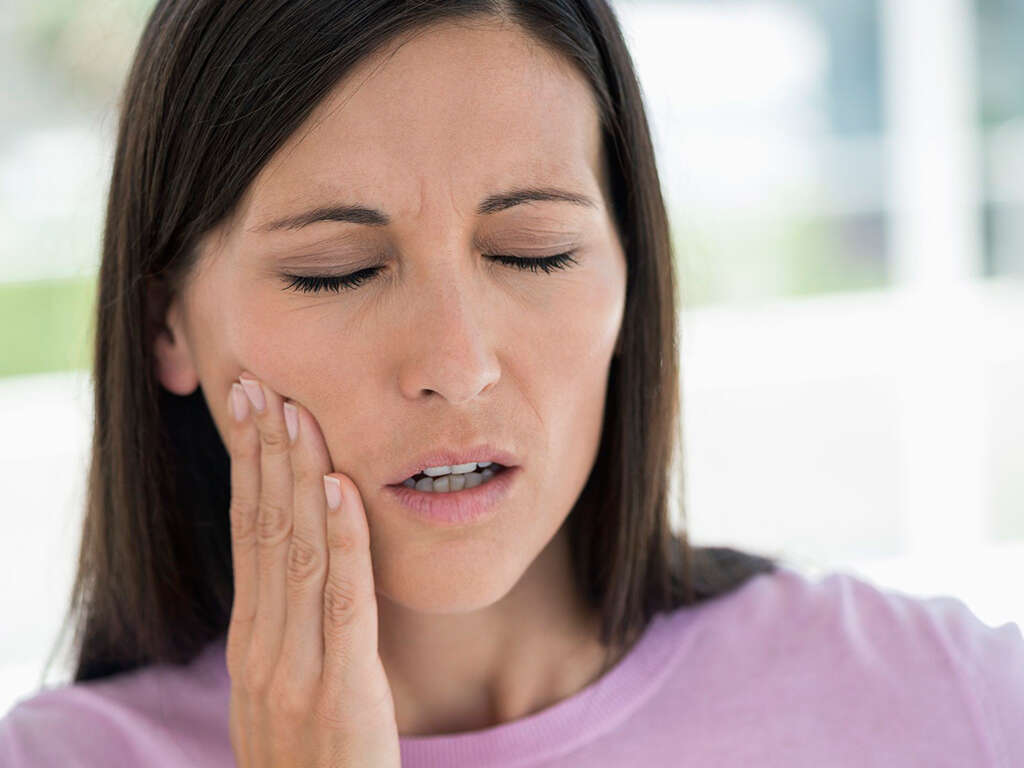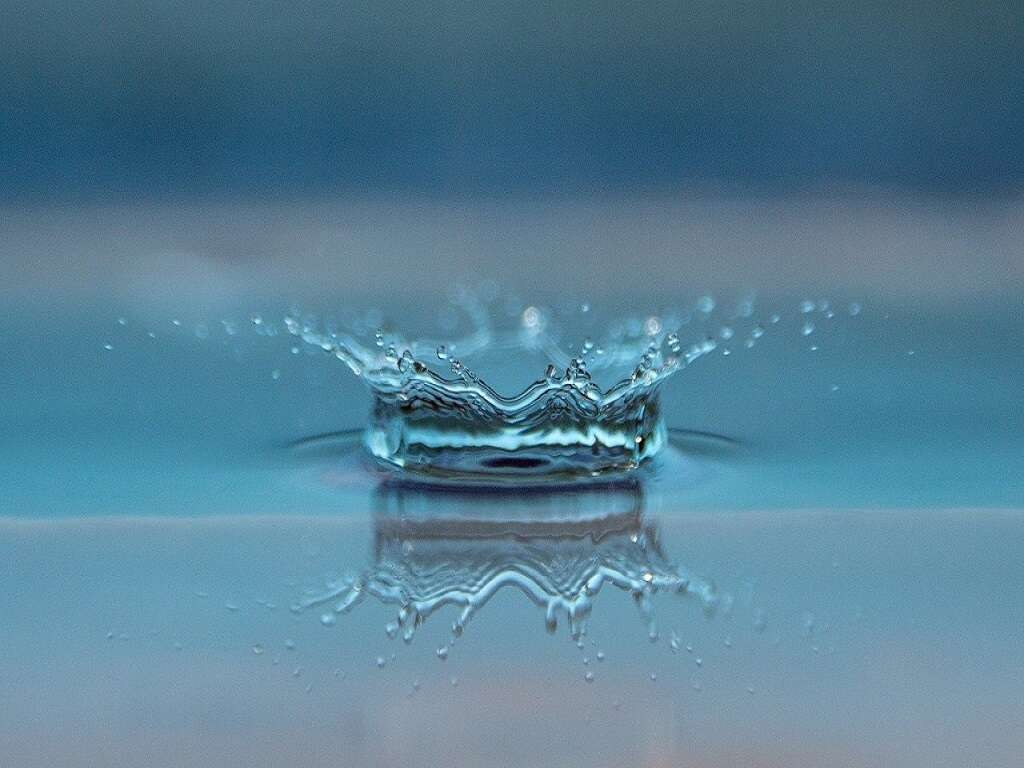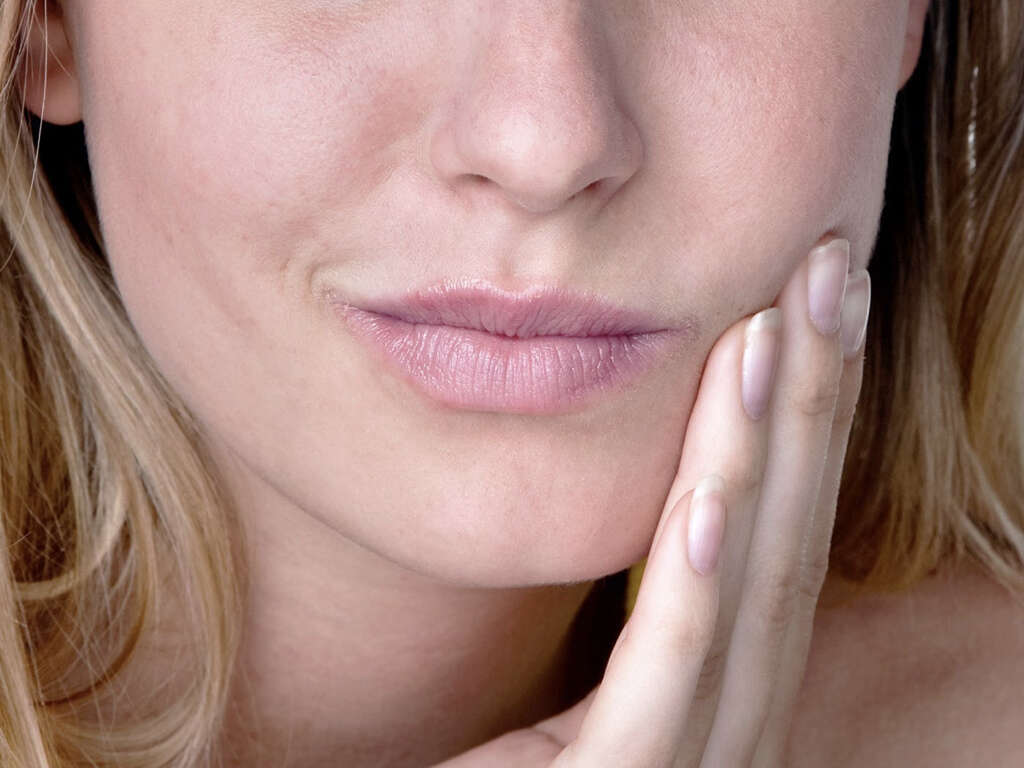What Causes Canker Sores?
Canker sores are a variety of ulcer. They are small lesions that are usually found in the mouth, particularly at the base of the gums. They can be quite painful and it can be difficult for the patient to eat. They are not the same thing as cold sores, which are contagious and are located externally on the lips.
Although canker sores can be painful, they are not usually going to cause any real problems. They are treatable, and they will usually clear up within a couple of weeks or so having done no permanent damage. There are various potential causes of canker sores.
1. Injury
One potential cause of canker sores is an injury to the mouth. It will often just be a minor injury that can be picked up when playing sport and it might even be down to something like accidentally biting your cheek when eating. Brushing your teeth too hard can also cause in minor injuries that result in canker sores.
If you experience canker sores regularly then changing your toothpaste might help. Check your toothpaste for its ingredients, and if it contains sodium lauryl sulfate you should consider changing to a different type. Mouth washes that contain the same compound should also be changed for something else.
2. Bacteria
Canker sores might also sometimes be caused by bacteria. One likely culprit in particular is H. pylori, which is the same bacterium that is responsible for stomach ulcers. While this bacterium is common, and usually quite harmless, it will sometimes cause problems if it is able to proliferate.
Canker sores might also be caused by an allergic response to the presence of certain bacteria in the mouth. The response can cause the immune system to act in a way to repel the bacteria. The patient’s own bodily tissues will sometimes be damaged in the process, potentially resulting in canker sores forming.
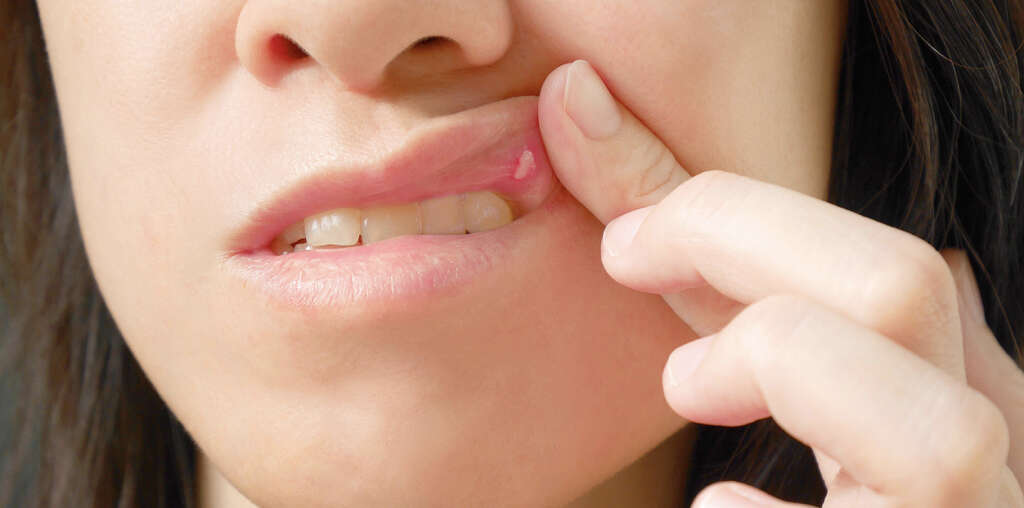
3. Food Reactions
Some foods contain compounds that can irritate our bodies if we eat them. This tends to happen internally, resulting in symptoms like stomach cramps and diarrhea. It can also happen in the mouth, and some foods will be responsible for causing canker sores to develop.
People with certain disorders of the digestive system are also more prone to developing canker sores. This includes people with ulcerative colitis, and Crohn’s disease. Celiac disease is another potential factor, and this is caused by a protein known as gluten. Gluten is found in some grains, including wheat, meaning the patient will need to avoid eating many food types of food.
4. Autoimmune Diseases
An autoimmune disease is a condition where the patient’s body is being attacked by their own immune system. This can cause damage to the body on a cellular level, and this can result in symptoms like canker sores. Autoimmune diseases are not at all well understood and are difficult to cure.
Another potential cause is Bechet’s disease, which is a rare disease that causes inflammation in the mouth and elsewhere in the body. It is thought to be an autoimmune disease, but experts are not sure. Diseases like HIV/AIDS that suppress the immune system will also make canker sores more likely.
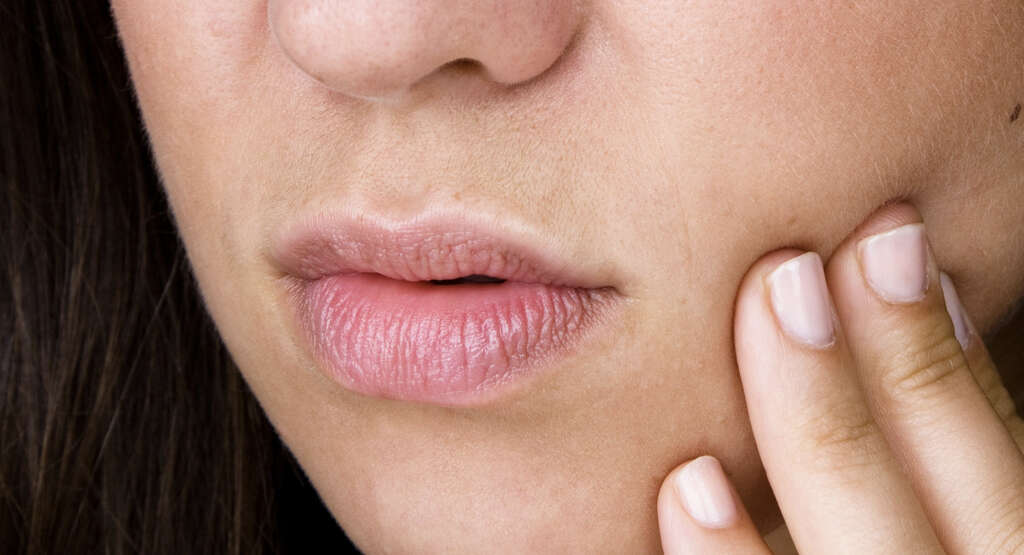
5. Hormones
People who are undergoing prolonged periods of emotional stress are more prone to developing canker sores. The same goes for people who are run down physically as well as mentally. Shifts in hormone balances are also a potential cause, and this can be caused by factors like menstruation, or menopause.
Not eating a healthy, balanced diet may also be behind canker sores. A lack of vitamins C, B9, and B-12 can cause the sores, while canker sores are also a potential sign of an iron deficiency. In such cases, a change in diet will solve the problem, although supplements can also help where needed.
6. Minor Canker Sore Symptoms
There are three main types of canker sore, one of which is minor canker sores. As is typical for canker sores, these will cause pain for the patient at the location of the sores. They are usually small and oval in shape, and whitish/yellow in color. They will also often have a red edge.
The sores can become particularly painful when food or other mouth parts come into contact with them, and this can make eating and talking rather uncomfortable. The sores will usually heal themselves with or without help, and they will usually leave behind no signs that they were ever there.
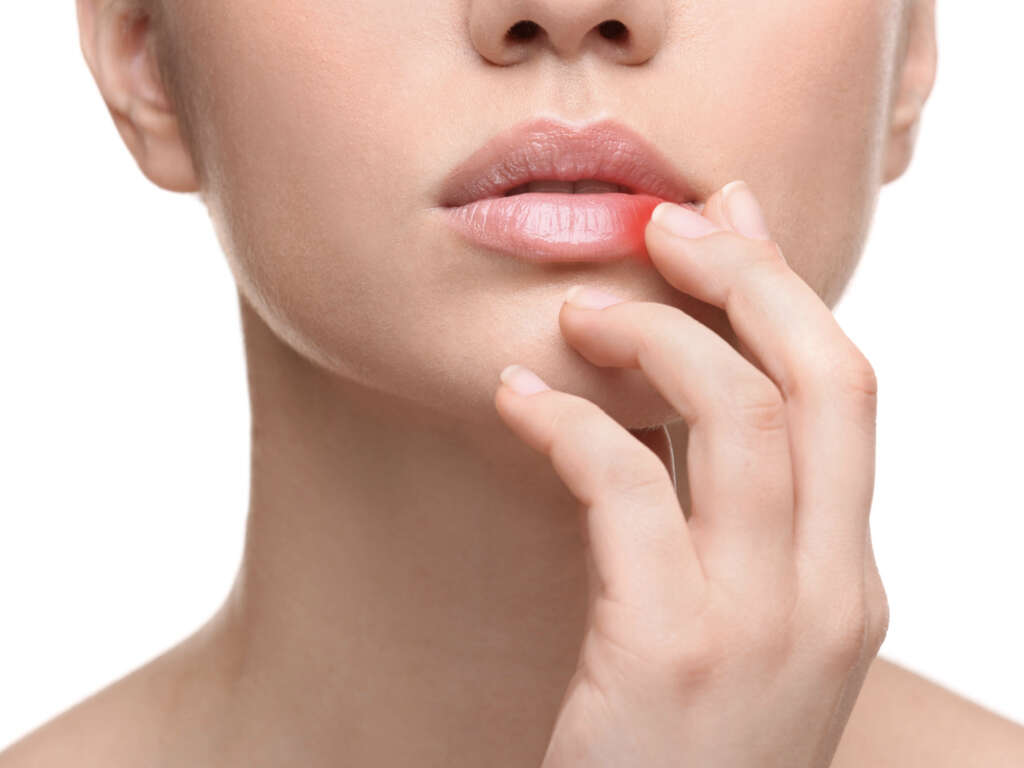
7. Major Canker Sores
Another category of canker sores is major canker sores. As the name suggests, these are generally larger than minor canker sores. They will also likely penetrate deeper beneath the skin than minor canker sores will. They are also usually round in shape, and they can also have large, irregular edges.
Major canker sores are likely to be considerably more painful than minor sores are. This can make it even harder for the patient to be able to eat. Major canker sores will also take longer to heal than minor canker sores will. It can take up to 6 weeks for them to heal, and they can also leave scars after they have healed.
8. Herpetiform Canker Sores
The third type of canker sore is known as herpetiform a canker sore. These are considerably less common than the other two are, and they are most likely to be found in older people. They have some quite significant differences to the other two varieties of canker sores.
Herpetiform canker sores are far smaller than the other types. However, they tend to occur in clusters of up to around 100 individual sores. In some instances, the small sores will merge together to form a single, larger sore. They will usually heal within around two weeks, and they will leave behind no scars.
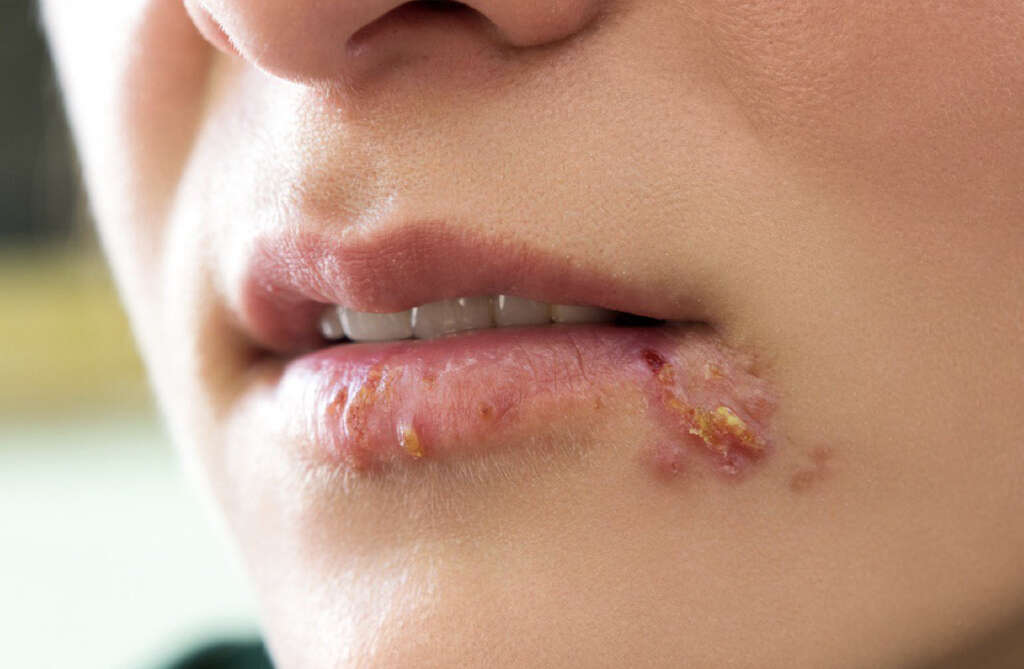
9. Risk Factors
Canker sores can happen in anybody, including the young, fit, and healthy. They tend to be more common in young adults and adolescents, although they can affect people of all ages. They can affect both sexes, but they are more likely to be found in females than in males.
Another potential factor is stress, while people that have recently been ill or run down are also at a higher risk. The sores are also more likely to be found in people if there is a history of them in the family. They are also more likely to be found in people who are likely to be exposed to certain triggers such as allergens.
10. Treatment
In many cases treatment will not be considered necessary because the sores will probably heal on their own without help. However, your doctor might wish to prescribe something if the sores are particularly troublesome. This will often mean mouth rinses that will help to reduce inflammation and reduce pain.
Supplements may be prescribed if the patient is suffering from a vitamin deficiency or similar, and some topical medications may also be used to help the sores heal. The patient may also be prescribed oral medication. In the more severe cases cautery may be deemed necessary, which means the affected tissue is destroyed, and the wound sealed.




